Empower Your Future through Stackable Specializations
Pursuing additional education through certificates, badge courses, and the Administrator-in-Training (AIT) practicum can greatly benefit professionals in the field. Stay updated on the constantly evolving changes in healthcare and aging services, and be well-equipped for your profession. Gain essential skills and transfer hours earned from certificates and badges to degree programs in PHS.
Explore the PHS program that is right for you!
Certificates
Understanding the fundamental concepts of aging is essential for health professionals who engage with older people. Be prepared to care for and serve an aging population.
Understanding the daily operations of the wide spectrum that is senior living, essential components of human resource management, and elements of hospitality are essential for leaders within long-term care communities. Be prepared to lead within the ever-expanding senior living industry.
Expand your knowledge in the fundamental concepts of health care system administration and be prepared to navigate the health care system through an introduction to health management.
Expand upon business knowledge and expertise to advance your career potential in health administration.
Expand your knowledge in the fundamental concepts of clinical health science and the health care system. Be prepared to navigate the health care system through an introduction to the health sciences.
Expand your knowledge in the fundamental concepts of public health. Be prepared to navigate the healthcare system, the importance of environmental health and knowing how public health policies impact our world.
Be equipped with core knowledge in public health you can put into practice within the workplace, bringing population-based health knowledge to your work in health and medicine.
Care of Populations Badge
The online Care of Populations Public Health badges provide public health professionals the opportunity to increase skill development by addressing the Tier 1 National Public Health Domains and Core Competencies. Upon completion you will possess skills and tools to support core public health functions and essential services.
Working professionals who complete all six (6) badges may count this course towards the requirements to earn a bachelor's degree at WSU.
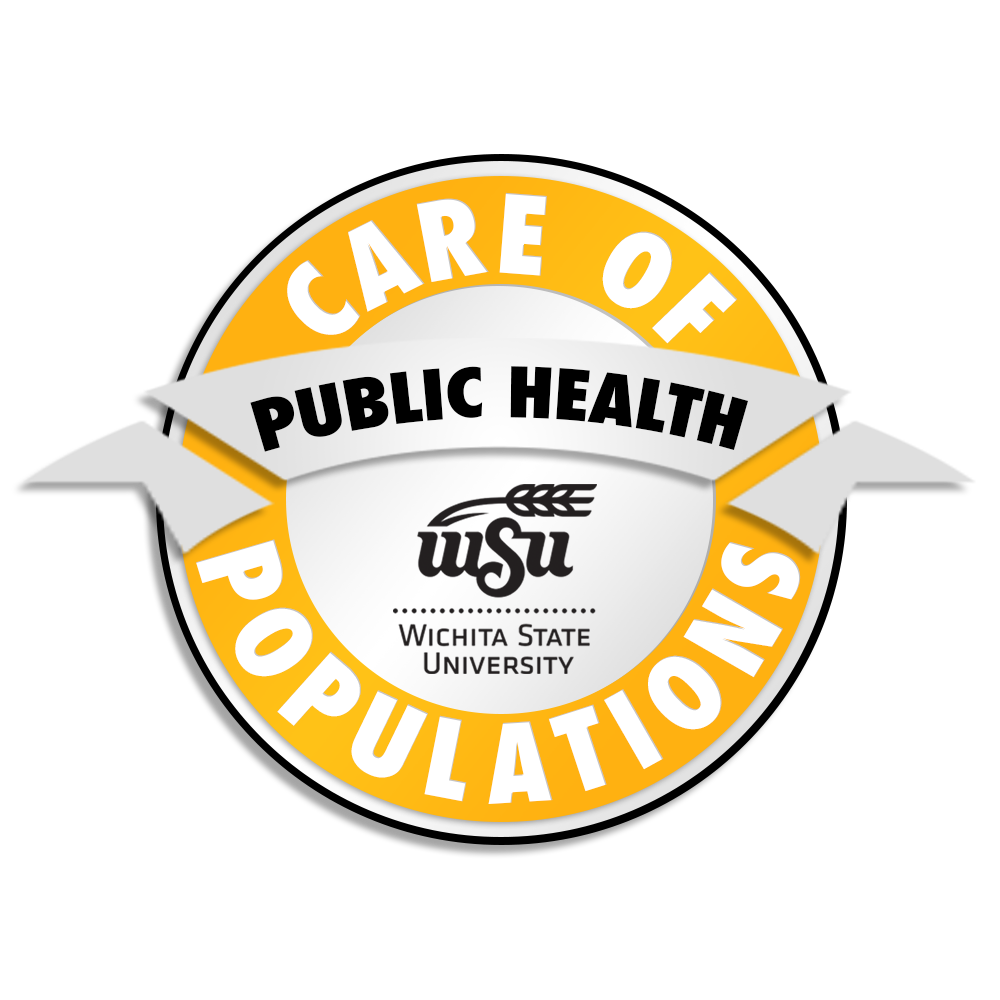
This badge introduces students to the tools of public health. Students will explore the history of the U.S. Public Health system and learn how public health practitioners integrate core competencies, essential services, and retrieval of evidence for the goal of improving the health of populations.
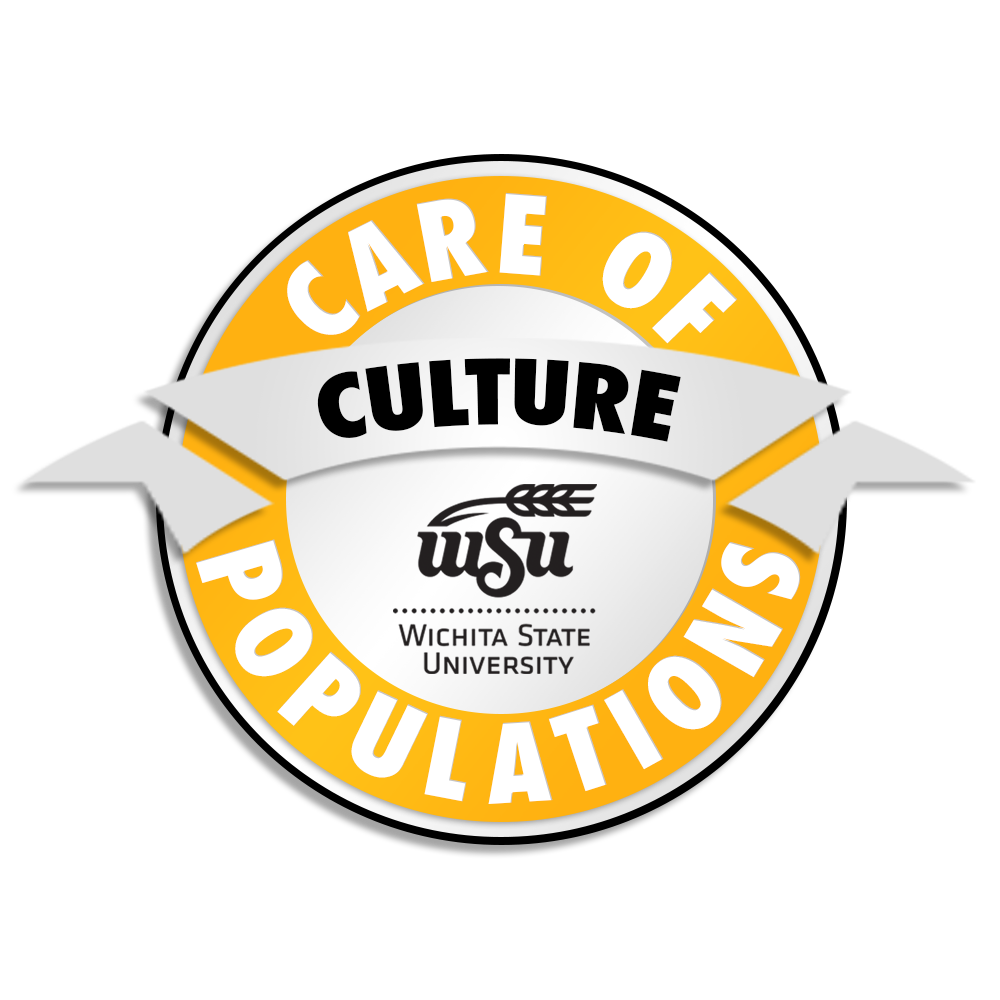
Culture influences health behavior and when major differences exist between a patient’s and provider’s cultural framework for illness, a host of adverse outcomes may result. This badge introduces students to the concepts of health and health care disparity and the importance of learning how individuals define, react to, and treat illness and other health risks.
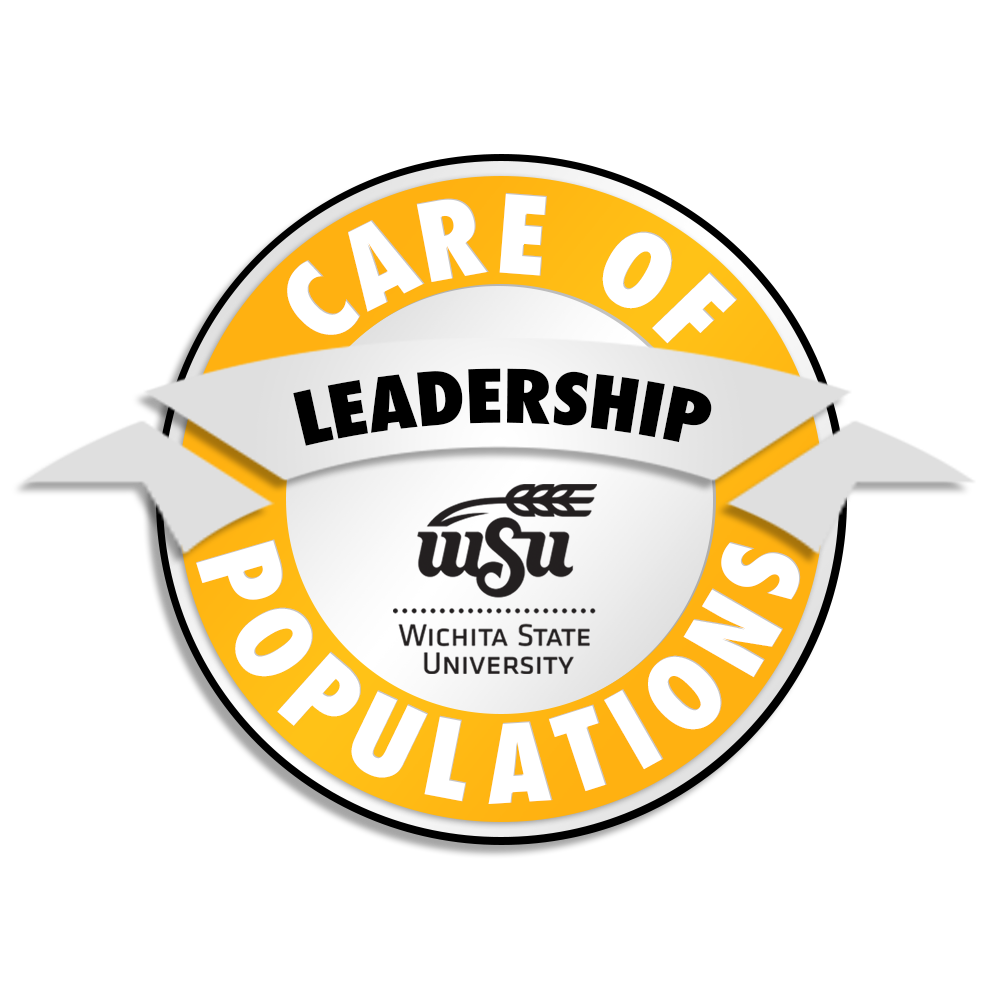
Leadership skills consistent with collaborative approaches are essential and need to be part of organizations that interest with the larger public health system. This badge will introduce six key practices of collaborative leadership: Assessing the Environment, Creating Clarity, Sharing Power and Influence, Building Trust, Self Reflection, and Developing People. Course activities will build collaborative and team-oriented leadership capacity among public health professionals as well as diverse state and local community partners.
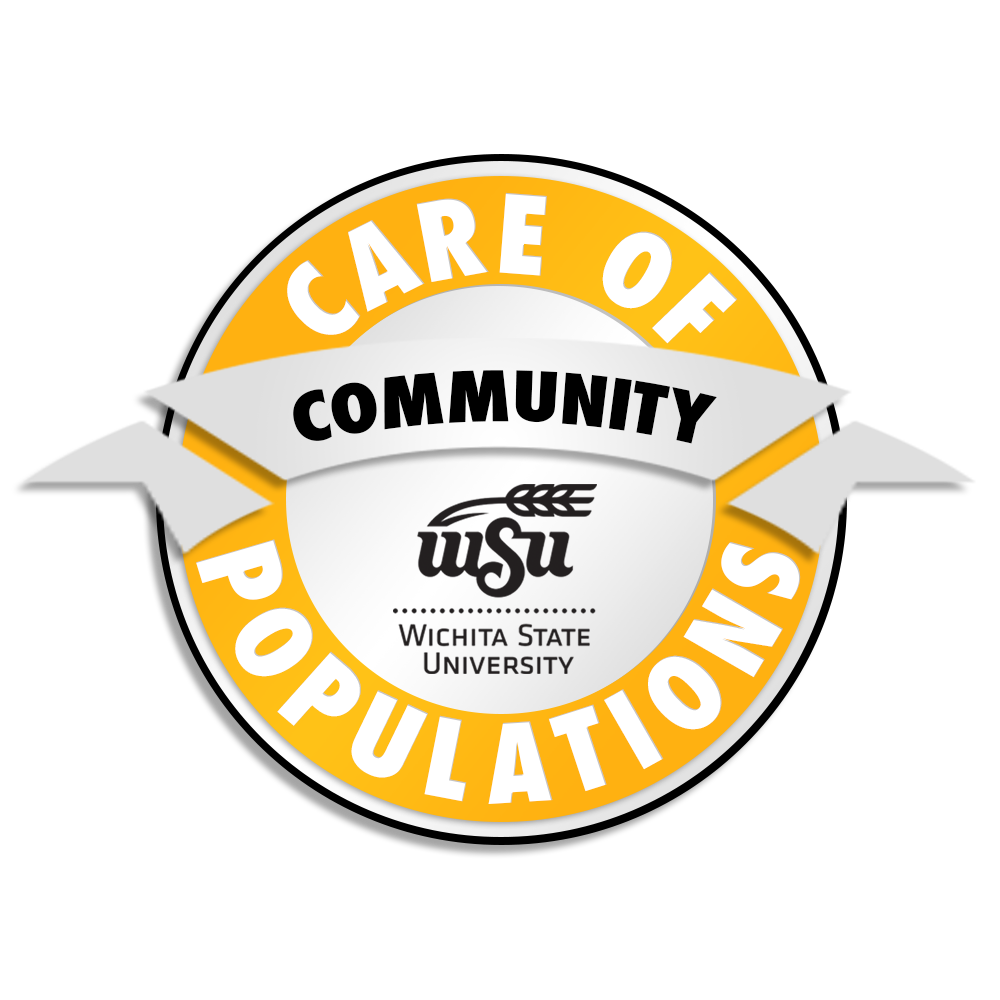
Improving the health in a community depends on effective community partnerships. This badge introduces students to the concepts of population-based program development, implementation, and evaluation. Additionally community-based relationships, program methodology, and the social determinants of health will be explored.
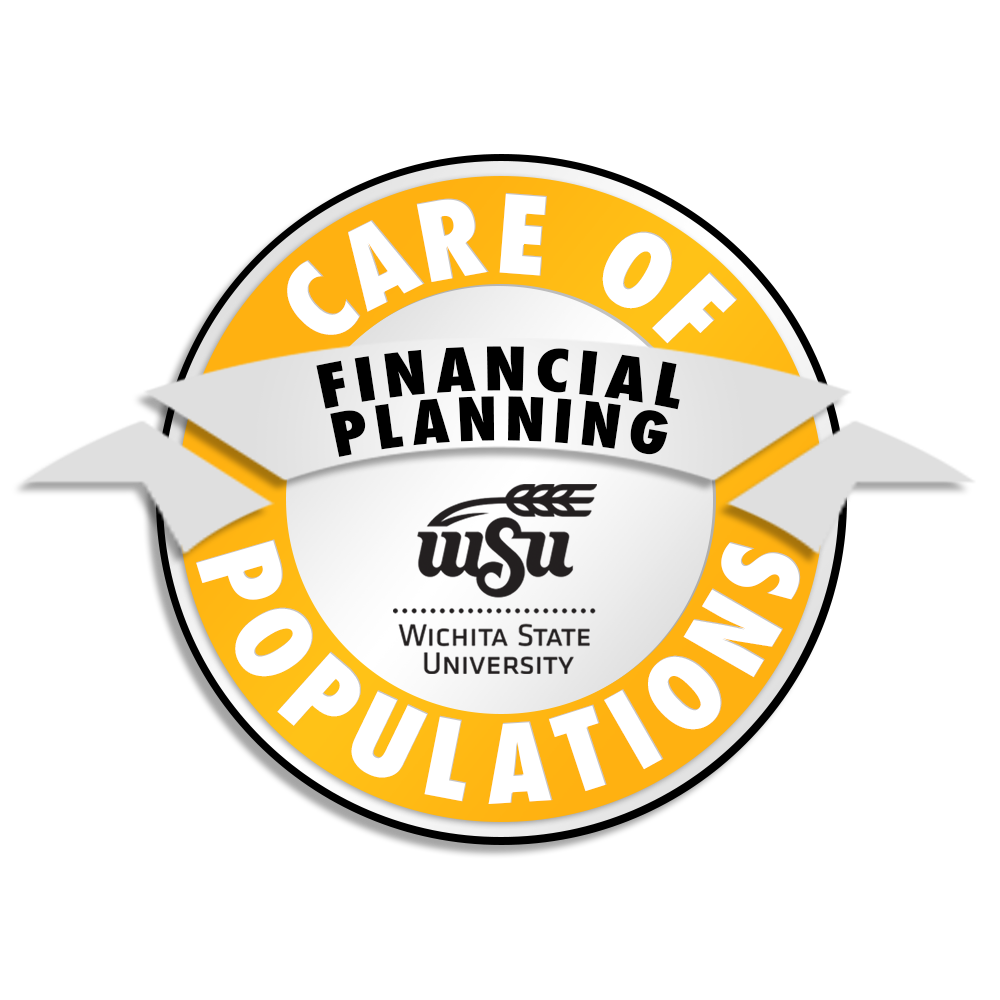
Financial Planning and Management principals are key for all organizations. Understanding these elements are crucial for professionals to assist in keeping organizations financially stable. This badge introduces students to various management concepts, as well as the basic principles of financial planning. Students will be exposed to financial and management tools to learn how they are utilized in all areas of decision making.
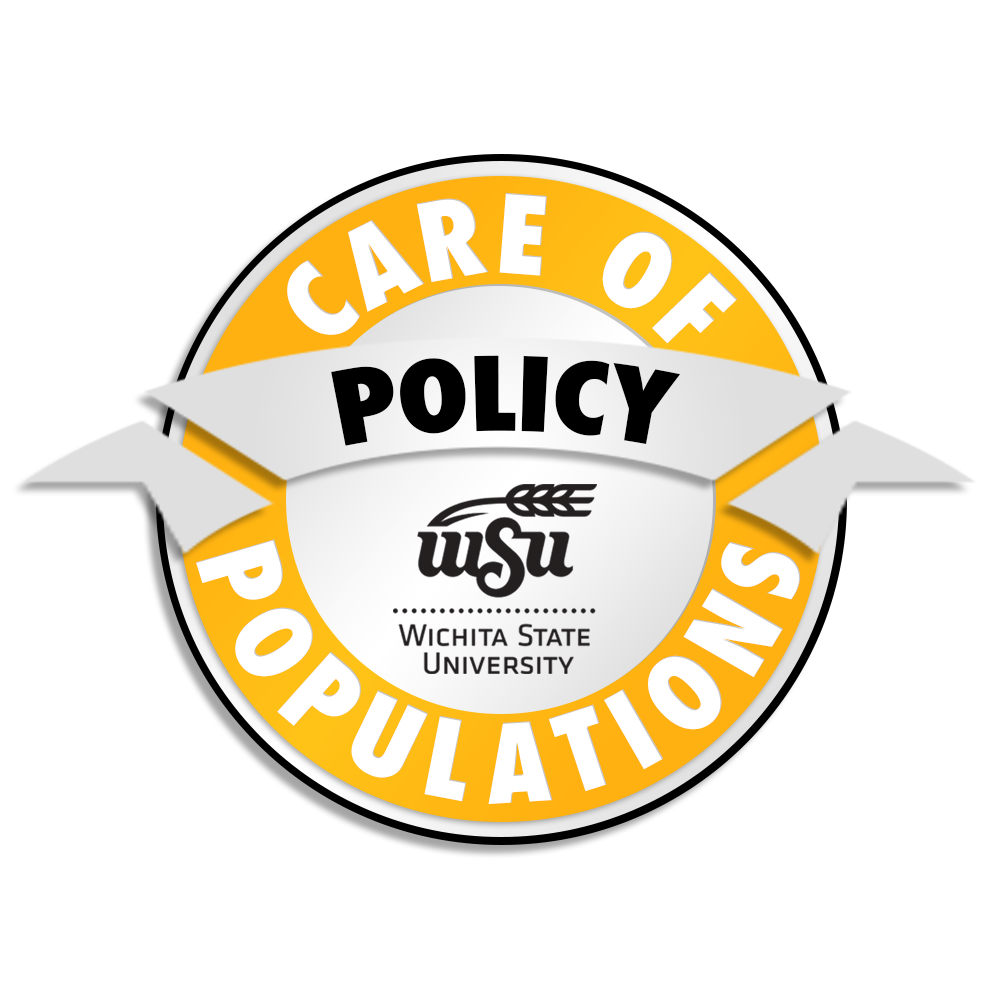
This badge focuses on developing Policy Development & Program Planning Skills, based on the Core Competencies for Public Health professionals, Tier 1. Course activities will help student build awareness, understanding and capacities related health improvement planning, developing program goals and objectives, strategic planning, public health policy, and quality improvement.


